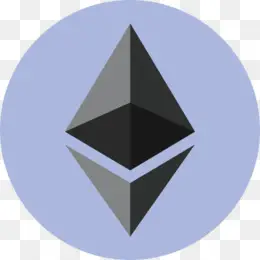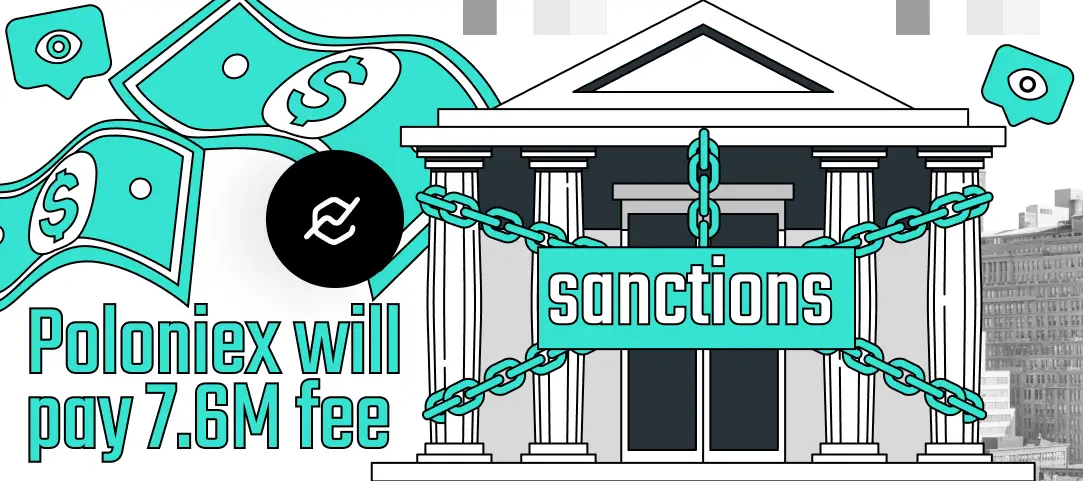OFAC found that crypto exchange Poloniex didn’t maintain proper know-your-customer rules between 2014 and 2019. On May 1, the agency announced that Poloniex had agreed to a $7.6 million settlement with U.S. authorities related to more than 65,000 apparent sanctions violations.
In a press release, OFAC states that Poloniex violated U.S. sanctions against Crimea, Sudan, Iran, and Syria by providing services to customers from those countries:
Between January 2014 and November 2019, the Poloniex trading platform allowed customers apparently located in sanctioned jurisdictions to engage in online digital asset-related transactions—consisting of trades, deposits, and withdrawals—with a combined value of $15,335,349, despite having reason to know their location based on both Know Your Customer information and internet protocol address data.
OFAC said the violations weren’t “egregious” because the exchange had failed to review its clients’ KYC data before the sanctions compliance program was implemented in March 2015. Poloniex launched in January 2014, and because the compliance program was also not retroactive, users from sanctioned countries were still able to use the platform:
Although Poloniex made efforts to identify and restrict accounts with a nexus to Iran, Cuba, Sudan, Crimea, and Syria pursuant to its compliance program, certain customers apparently located in these jurisdictions continued to use Poloniex’s platform to engage in online digital asset-related transactions.
In 2018, Circle acquired Poloniex, after which OFAC found that the company’s compliance measures had “significantly improved.” Specifically, Circle had closed accounts that operated using IP addresses from Crimea. Later in 2019, a group of investors, including Justin Sun, the founder of Tron, bought the company from Circle.
OFAC noted that the fact that Poloniex LLC was a relatively small startup during most of the alleged violations and that Circle had enhanced Poloniex’s compliance program to comply with the sanctions while it owned the company were both factors that helped reduce the severity of the penalty imposed.
Crypto Ping Pong Digest
Trash style news. You will definitely like














